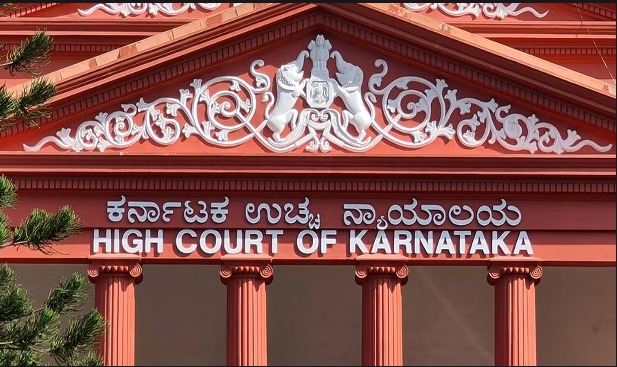
The Karnataka High Court has recently quashed rape charges against an accused who was booked on the victim’s complaint after the accused refused to marry her after being in a relationship with her for over five years.
A single judge bench led by Justice M Nagaprasanna partially granted Mallikarjun Desai Goudar’s petition and dismissed charges brought under sections 376, 376(2)(n), 354, 406, and 504 of the IPC. The charges against him were sustained by the court under sections 323 and 506 r/w 34 of the IPC.
The bench stated while quashing the rape charges, “The consent in the case at hand is not once, twice, or three times; not for days or months; but for several years, five years precisely, as is narrated in the complaint as the two were in love. As a result, for five long years, it cannot be said that a woman’s consent was obtained for having such instances, all the while against her will.”
It added, “It is the length of the relationship and the acts between the two that take away the rigour of ingredients of Section 375 of the IPC, for it to become an offence under Section 376 of the IPC.”
The victim claimed that the two became acquainted, which led to a relationship, which led to a sexual relationship. It was alleged that the petitioner had sexual relations with her under the guise of marriage and later broke the promise of marriage; thus, it was argued that the complainant’s consent was obtained through inducement based on a false promise of marriage.
Following that, a crime was registered against the accused, and the police, after conducting an investigation, filed the chargesheet.
The petitioner claimed that he and the complainant were in love and wanted to marry, but due to caste equations not matching, the marriage could not take place despite his best efforts. The complainant then accuses him of having sexual relations with her under the false guise of marriage and alleges that he had sexual relations with her under that guise, which amounts to rape. “It would not amount to rape by any stretch of the imagination because it was consensual,” it was said.
The complainant objected to the plea, claiming that obtaining consent by false promise or false pretext that the accused would marry the complainant amounted to rape because consent is not given by free will.
After reading the complaint, the bench noted that the petitioner and complainant had been in love for 5 years and had known each other for 12 years.
Then it observed, “The narration in the complaint and the statement under Section 164 of the Cr.P.C., if read in juxtaposition, what would unmistakably emerge is that the petitioner and the complainant were in love and had intercourse on several occasions for years. The petitioner made strenuous efforts to marry the complainant, according to the statement. Both the petitioner’s and the complainant’s families knew each other. Marriage talks did take place, but they fell through.”
It further added, “Though the complaint and the statement narrate that the petitioner had sexual intercourse with the complainant, initially forcibly, the said force cannot be seen to continue for five long years. The narration would clearly show that the relationship was consensual.”
It added, “If it is consensual, it cannot be alleged that it would become an ingredient of rape under Section 375 of the IPC, making it punishable under Section 376 of the IPC.”
Rejecting the complainant’s argument that the petitioner’s consent was obtained on the false promise of marriage and thus should be considered a rape, the bench stated, “The submission is unacceptable, as the consent of a woman on a promise to marry is always an enigma.”
Thus, it held that “this Court has to step in and exercise its jurisdiction under Section 482 of the Cr.P.C., to obliterate the crime registered against the petitioner for the offence of rape under Section 376 of the IPC, failing which, it would become an abuse of the process of law.”




